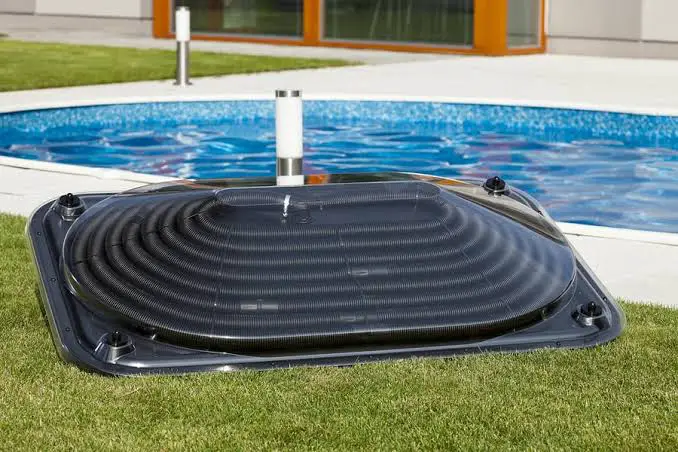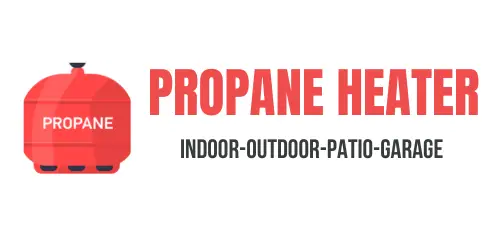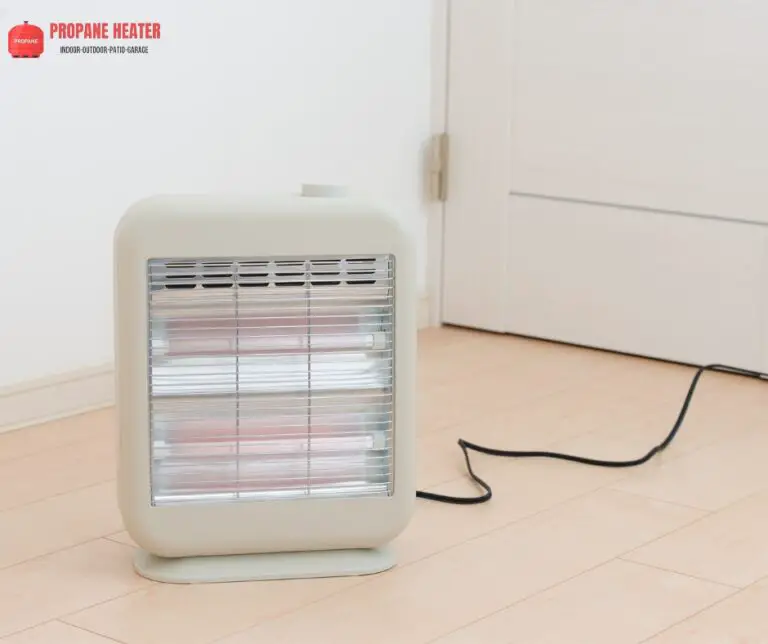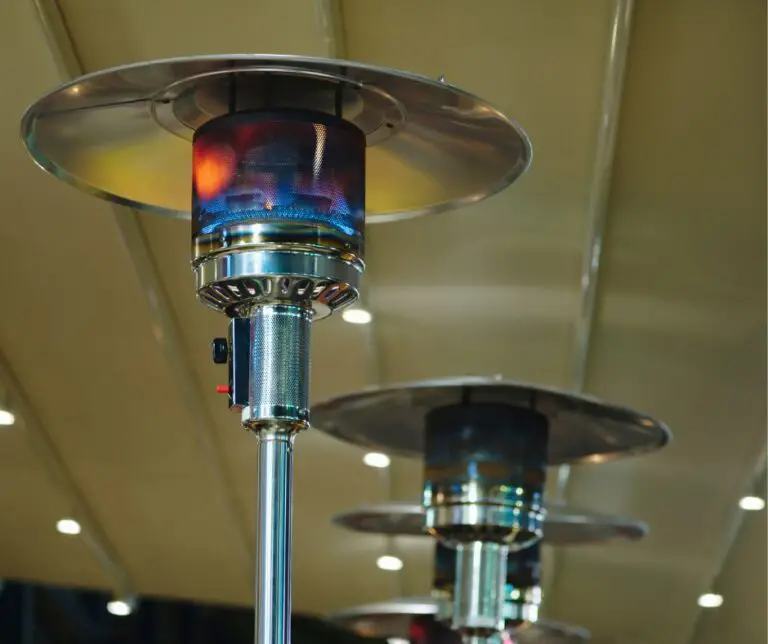
By increasing the value of your pool you should maintain the temperature of your pool or SPA. Many people use gas heaters to heat up their pools or spa to extend the use of their pools in just 2-3 days by heating up 20-30 degrees for urgent use. The following steps will guide you on how to select a gas heater for your pool.
Gas Heater vs Heat Pump
An alternative to a gas heater is a heat pump that runs on electricity and uses the outer air to heat your pool or SPA. A gas heater heats up 5-6 times faster than the heat pump and half of the cost from the heat pump. Gas heater saves 75% over propane gas and 40% over natural gas. In northern states, the heat pump only working when outer temperature above 40 degrees below of this range heat pump switches over electric heating coils which are costly than the other gas heaters.

Propane vs NaturalGas
A gas heater normally burns two gases. One is Propane (LP) second is Natural Gas (NG). Natural Gas heater is mainly used at home it is home appliances and also for pools. If the natural gas pipe is not available you can use large tanks or cylinders for this purpose. By fluctuating the costs LP gas have 2-3 time costly.
Altitudes
Most heaters are prepared for different altitudes and set for different ranges. Most are set for 0-2000 but they are also operating at higher altitudes. Ranges from 2000-6000 and 6000-9000
are common options. Different companies manufacture according to their client’s requirements.
Low Nox
Emission standards for the heater in texas and California low NOx heaters are designed to cover this in 2001. For commercial use taxes work it is not for residential requirements.
Durability
The cupro-nickel heat exchanger is responsible for the long life of heaters cupro-nickel hold up for fluctuating PH level and salt system. Some manufacturers use polymer/resin headers for the maintenance of flow performance and prevent erosion resistance from high flow situations.
ASME requires a cast iron heater for commercial use.

Size of Heaters
The size of the heater depends on the size of pools like how to heat your pool quickly. In northern states due to cold temperature large heater required to compensate the external temperature. In these areas above ground pools temperature 55k to 130k BTUs and for
in-ground pools 100k to 400k BTUs required. For average 15’ -30’. A 300k BTU raises your pool temperature 2 degrees per hour. 400k BTUs heater 2.7 degrees for 20’-30’ pools.
Temperature rise for 300k and 400k would be 1.5 and 2 degrees in 20 minutes respectively.
- [TOP 5] Vented Gas Fireplace With Blower Insert
- 25+ Innovative Ways To Save Energy At Home/Garage & Office | A COVID Era Model [2021]
- 8/2 or 8/3 Wire for Tankless Water Heater
Millivolt vs Electronic Ignition
This term is used to standing pilot light which stays light all the time. Another option is electronic Ignition which lights the burners spark. Gas usage control and avoid gas leakage.
Dual vs Single thermostat
The smaller heater has only one thermostat to control pool temperature while some large heater which is required for pool or SPA has two thermostats to control both pool and SPA running off of the same heater. Some heater i.e Hayward their draft system forced to move air into the combustion chamber at a precise flow rate. They eliminate external conditions like the air that affects on. Raypak eliminates these conditions through its built-in wind-resistant design.
Controls
The control of heaters depends on their size it is very with the varying size. Smaller heaters have a single knob connected to a thermostat to control the heater. Similarly larger heaters have microprocessors with LCD display and diagnostic readouts to set and monitors operating status.
Thermal Efficiency
Most heaters have an efficiency rate between 79-83 % it is related to transfer burner to heat exchanger to water. For example, 300,000 BTU heat rate 83% actually transfer 249000 BTUs when heating water. Jandy Hi-E2 highest thermal efficiency of 95%. Natural gas heaters are incredibly efficient heating solutions for your home and generate fewer carbon emissions than electric heaters.
Solar Blanket
Use a solar blanket to cover your pool when the pool is not in use it stores heat 40-55% in a solar blanket. Most people use these blankets and save a lot amount of energy, heat, gas, and money too.
Heater depends on the surface and is off pools and the difference between pool and average air temperature. Many other factors like wind exposure, humidity levels, and cold night temps. Gas pool water-related BTU which stands for British Thermal Unit. Their output range 75000
BTU-450,000 BTU. The efficiency of the heater can be optimized by the proper installation of the gas pool. Your pool is long term and long-lasting investment in which your family and friends enjoy a lot. Through these gas heaters, you are now more reliable and more effectively throughout all seasons.

I am Richard A. Jackson man behind propane heating solution, An HVAC expert working as a team lead of the heating department, Provide services all over the USA (around all major cities), and from planning to implementation, you will get all your solution here. We provide various tanks (propane and other natural gases) and deal with disposable waste.



